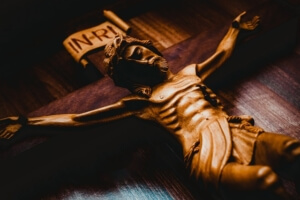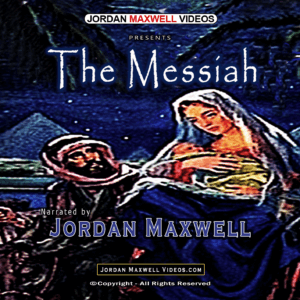The Messiah

The Messiah: A Central Figure Across Three Faiths
The Messiah is a central figure in Judaism, Christianity, and Islam. Across these religions, represents hope, salvation, and divine intervention. Each faith has a unique view of this figure. However, all three religions agree that their will fulfill divine promises. This article explores the significance of the Messiah in each tradition.
The Messiah in Judaism
In Judaism, this figure is a future Jewish king from the line of David. He will restore Israel and bring peace to the world. Jews do not view their Messiah as divine. Instead, they see him as a human leader chosen by God. Prophecies in the Hebrew Bible outline what they will do:
- Restore the Temple: The Figure That will rebuild the Temple in Jerusalem (Ezekiel 37:26-28).
- Bring Peace: Will end wars and bring lasting peace (Isaiah 2:4).
- Gather the Exiles: Will reunite Jews who have been scattered (Isaiah 43:5-6).
Jews are still waiting for their Messiah to arrive and fulfill these prophecies.
The Messiah in Christianity: Jesus Christ
For Christians, Jesus is the Holy Messiah. They believe he fulfills Old Testament prophecies. Christians also view Jesus as the Son of God, sent to offer salvation. His life, death, and resurrection are essential to their faith. Some key prophecies Christians believe Jesus fulfilled include:
- Virgin Birth: Christians believe Jesus was born of a virgin, as prophesied (Isaiah 7:14, Matthew 1:23).
- Davidic Lineage: Jesus is a descendant of King David, fulfilling prophecy (Jeremiah 23:5-6).
- Suffering Servant: Christians believe Jesus’ suffering and death fulfilled the prophecy of the suffering servant (Isaiah 53).
For Christians, Jesus is not just a future Messiah, but the living Messiah who offers salvation today.
We offer a DVD called “The Messiah”.

Click here for more information.
The Messiah in Islam: Isa (Jesus)
Islam recognizes Jesus, known as Isa, as the world Messiah. However, Muslims do not see Jesus as divine. They believe he was a prophet and messenger of God. Muslims also believe that Jesus was not crucified. Instead, God took him up to heaven. Muslims are awaiting his return as part of the final events of the world. During his return, Jesus will:
- Defeat the Dajjal: Jesus will defeat the false messiah (the Antichrist, or Dajjal).
- Bring Justice: Jesus will establish peace and justice on Earth (Quran 3:55).
- Prepare for the End Times: His return will signal the final judgment and the end of the world.
For Muslims, the Messiah’s return is critical to ushering in a new era of peace and righteousness.
Common Themes: The Messiah Across Religions
Although each religion interprets this figure differently, several common themes emerge:
- Hope for Deliverance: In all three faiths, it represents deliverance from oppression and evil.
- Restoration of Peace: Whether through rebuilding the Temple or bringing global peace, and will end conflict.
- Divine Role: In Judaism, Christianity, and Islam, their Messiah is seen as an agent of God’s will.
Further Reading
To learn more about Messiah and religious views on him, consider exploring these resources:
- The Messiah – Britannica
- Messiah in Judaism – Wikipedia
- Jesus Christ as the Messiah – Britannica
- Isa (Jesus) in Islam – Wikipedia
Related Articles on Jordan Maxwell Videos
For more insights into religious symbols, meanings, and hidden truths, visit JordanMaxwellVideos.com.



